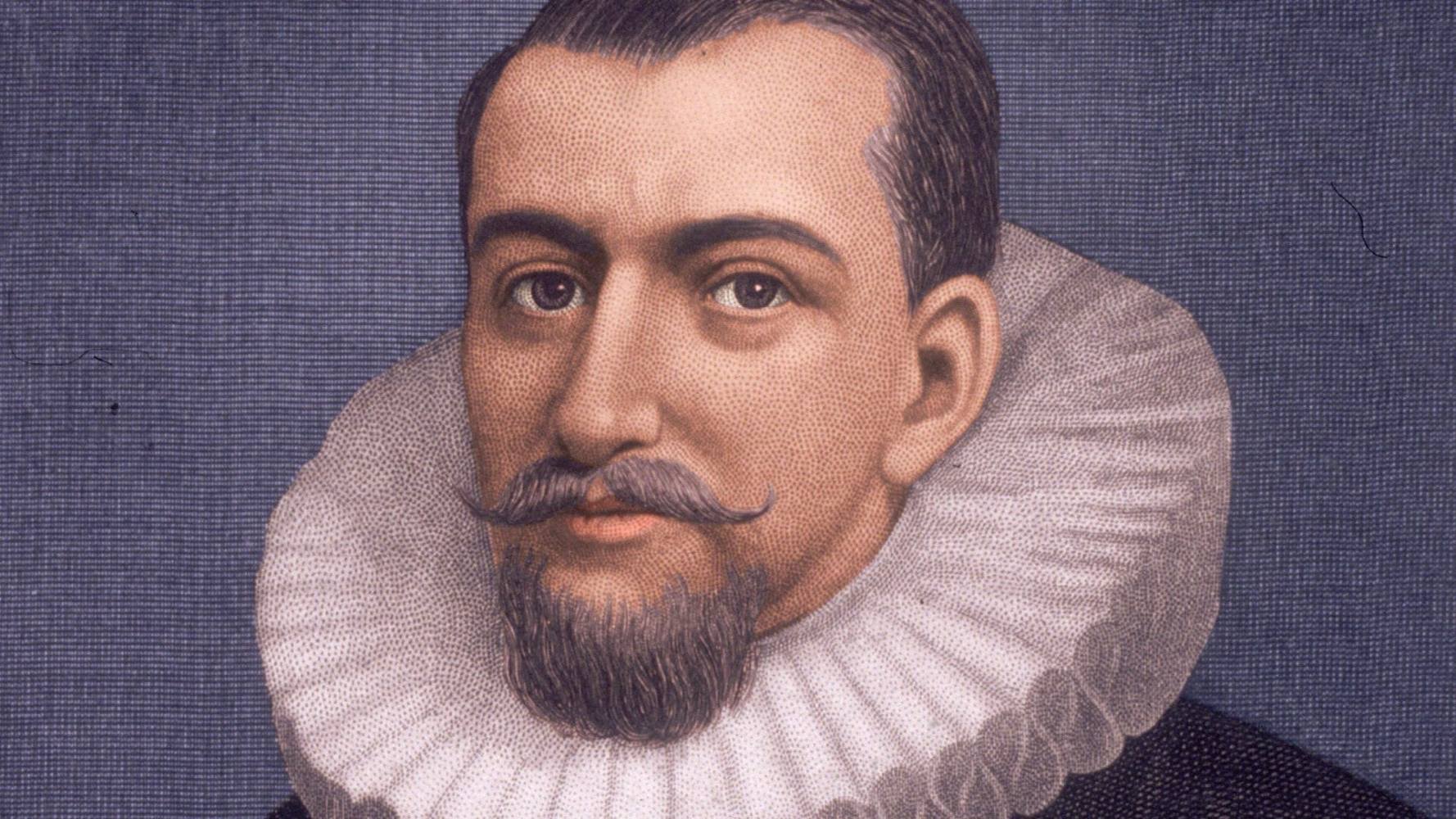
Ever wondered about the daring explorers who charted unknown territories, leaving us tales of adventure and discovery? Henry Hudson is one such figure, whose voyages have etched an indelible mark on history. But how much do you really know about him? Sure, you might recall that he searched for a northwest passage to Asia, but did you know there are heaps of intriguing tidbits that rarely make it into the history books? From mysterious endings to unexpected discoveries, Hudson's life was nothing short of a blockbuster movie script. Ready to sail through the lesser-known waters of Henry Hudson's life? Let's dive into 17 amazing fun facts that will leave you marveling at the courage and curiosity of this legendary explorer.
Key Takeaways:
- Henry Hudson was an English explorer who didn't find the route to Asia he was looking for, but his voyages helped Europeans learn more about North America and opened it up for further exploration and colonization.
- Hudson's voyages and discoveries, like the Hudson River, had a big impact on history, and the mystery of his final voyage continues to capture the imagination of historians and adventurers.
Who Was Henry Hudson?
Henry Hudson was a renowned English sea explorer and navigator in the early 17th century. His voyages primarily aimed at finding a direct route from Europe to Asia through the Arctic Ocean. Despite never achieving this goal, Hudson's explorations significantly contributed to the geographical knowledge of the time and opened up North America for further exploration and colonization.
Early Voyages and Discoveries
-
In 1607, Hudson embarked on his first voyage, aiming to find a passage to Asia through the North Pole. He didn't find the passage but discovered the island of Spitsbergen, significantly expanding European knowledge of the far north.
-
Hudson's second voyage in 1608 sought a northeast passage to Asia. He reached Novaya Zemlya but was forced to turn back due to ice.
The Search for the Northwest Passage
-
1609 marked a pivotal year when Hudson, employed by the Dutch East India Company, sailed the Half Moon and ventured into what is now New York Harbor. This exploration laid the groundwork for Dutch colonization of the region.
-
During this voyage, Hudson also sailed up the river that would later bear his name, the Hudson River, reaching as far as present-day Albany.
The Final Voyage and Mysterious End
-
In 1610, Hudson embarked on his last voyage aboard the Discovery, aiming once again to find the Northwest Passage. This journey led him into the vast body of water now known as Hudson Bay.
-
Tragically, in June 1611, after a harsh winter trapped in the ice, Hudson's crew mutinied. Hudson, his son, and loyal crew members were set adrift in a small boat and never seen again.
Legacy and Impact
-
Hudson's explorations greatly expanded European knowledge of the North American continent. His name is immortalized in geographic features such as the Hudson River, Hudson Strait, and Hudson Bay.
-
The Hudson's Bay Company, established in 1670 to trade furs in the areas Hudson explored, became one of the oldest and largest North American trading companies.
Interesting Tidbits
-
Despite his significant contributions to exploration, much of Hudson's early life, including his birthplace and date, remains shrouded in mystery.
-
Hudson's discovery of the Hudson River helped establish New Amsterdam, which would later become New York City, as a major trading center.
-
The exact location where Hudson and his loyalists were set adrift and their ultimate fate remains one of the great unsolved mysteries of the age of exploration.
-
Hudson's voyages were among the first to document the rich marine life and the potential for whaling in the Arctic, paving the way for future industries.
-
The mutiny on Hudson's final voyage is often cited as one of the most dramatic and tragic events in the history of exploration.
-
Hudson is sometimes mistakenly credited with discovering the Hudson Bay first, but it was actually first sighted by Europeans in 1610, during his last voyage.
-
Artifacts from Hudson's voyages are extremely rare, making any discovery related to his expeditions highly valuable to historians.
-
Hudson's work laid the foundations for the Dutch claim to parts of North America and influenced the map of the continent for centuries.
-
Despite his ultimate fate, Hudson's daring explorations and the mystery surrounding his last voyage continue to captivate historians and adventurers alike.
A Final Glimpse at Hudson's Legacy
Henry Hudson's voyages have left an indelible mark on history, shaping the course of exploration and international trade routes. His relentless pursuit of a passage to Asia, though never realized, opened up North America for future explorers and settlers. Hudson's name lives on, immortalized in the river and bay that bear witness to his daring exploits. His legacy is a testament to the spirit of discovery, reminding us of the power of curiosity and the unyielding human drive to understand the world. Through his journeys, Hudson laid the groundwork for the cultural and economic exchanges that would define the modern era. His story, rich with adventure, mystery, and perseverance, continues to inspire adventurers and dreamers across the globe.
Frequently Asked Questions
Was this page helpful?
Our commitment to delivering trustworthy and engaging content is at the heart of what we do. Each fact on our site is contributed by real users like you, bringing a wealth of diverse insights and information. To ensure the highest standards of accuracy and reliability, our dedicated editors meticulously review each submission. This process guarantees that the facts we share are not only fascinating but also credible. Trust in our commitment to quality and authenticity as you explore and learn with us.
